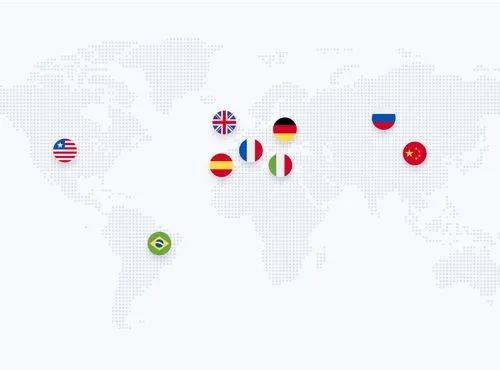Use Cases
September 12, 2025
AI Dubbing for Feature Films – What’s Possible and Why You Should Try It
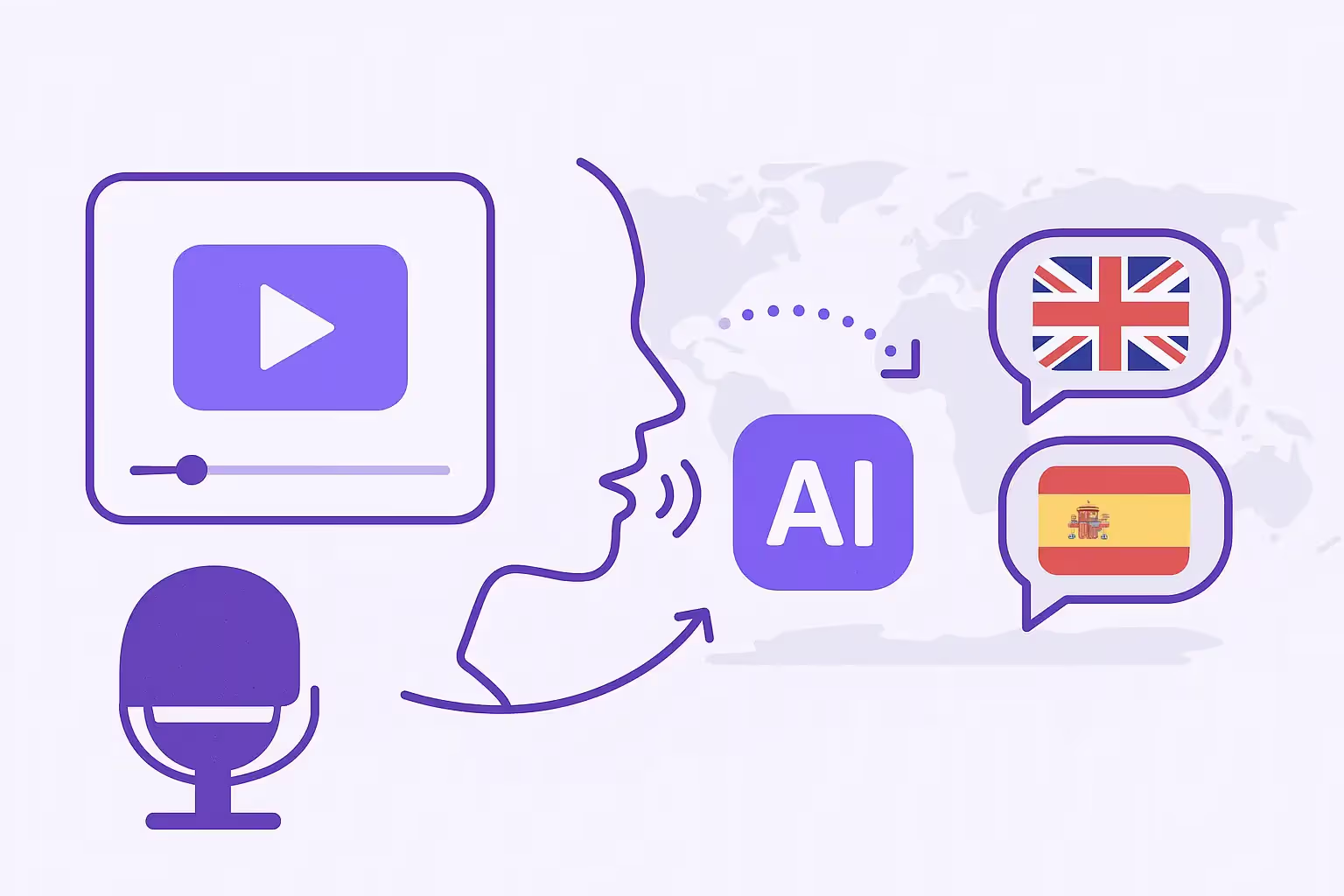
What Types of Films Work Well with AI Dubbing?
AI dubbing works best with films that have structured dialogue and don’t rely too heavily on extreme emotional performance. Great examples include:
- Dialogue-driven dramas or chamber pieces
- Indie films with a steady, narrative tone
- Rom-coms, family content, or historical storytelling
- Streaming-first productions
- Animated films with instructional or narrated styles
These formats translate especially well using Dubly’s natural voices, optional Lip Sync, and consistent pacing.
Where Are the Challenges?
While AI dubbing has come a long way, there are still some technical and creative limits:
- Highly emotional outbursts like screaming, sobbing, or whispering with breath sounds
- Wordplay, irony, or strong regional dialects (though dialects can be omitted)
- Scenes with complex sound mixing or loud background music
- Literary or poetic language that’s hard to translate directly
That said, these challenges don’t mean dubbing is impossible — just that extra attention or manual review (e.g., with Dubly’s Native Speaker Control) may be required.

Why It’s Still Worth Trying
Even with limitations, AI dubbing opens up new opportunities for filmmakers and studios:
- Fast localization for festivals or pre-sales
- Early-stage testing of international interest
- Cost-effective first versions, especially for VOD or social releases
- Accessibility improvements, including test screenings and international focus groups
With a translated cut, you can test new markets, pitch distributors, or show your work globally — without investing in a full dubbing studio workflow.
{{cta}}
{{callout}}
Final Thoughts: Try It and See
Will AI dubbing replace a full-scale Hollywood voiceover session? Not yet.
But it will give you a powerful, fast, and professional way to translate and share your story with global audiences.
Especially for indie films, series pilots, or international streaming content, AI dubbing is a smart, low-risk option worth exploring.
Can AI authentically reproduce actors’ emotions?
Yes, Dubly uses expressive voices, precise lip sync, and optional voice cloning to capture emotions and nuances realistically.
What advantages does AI dubbing have compared to traditional dubbing?
It is faster, more scalable, and more cost-efficient while still maintaining high quality and flexibility.
How is the security of sensitive film projects ensured?
Dubly is fully GDPR compliant, stores all content exclusively in the EU, and protects data with enterprise-grade security standards.
Über den Autor

Newest articles
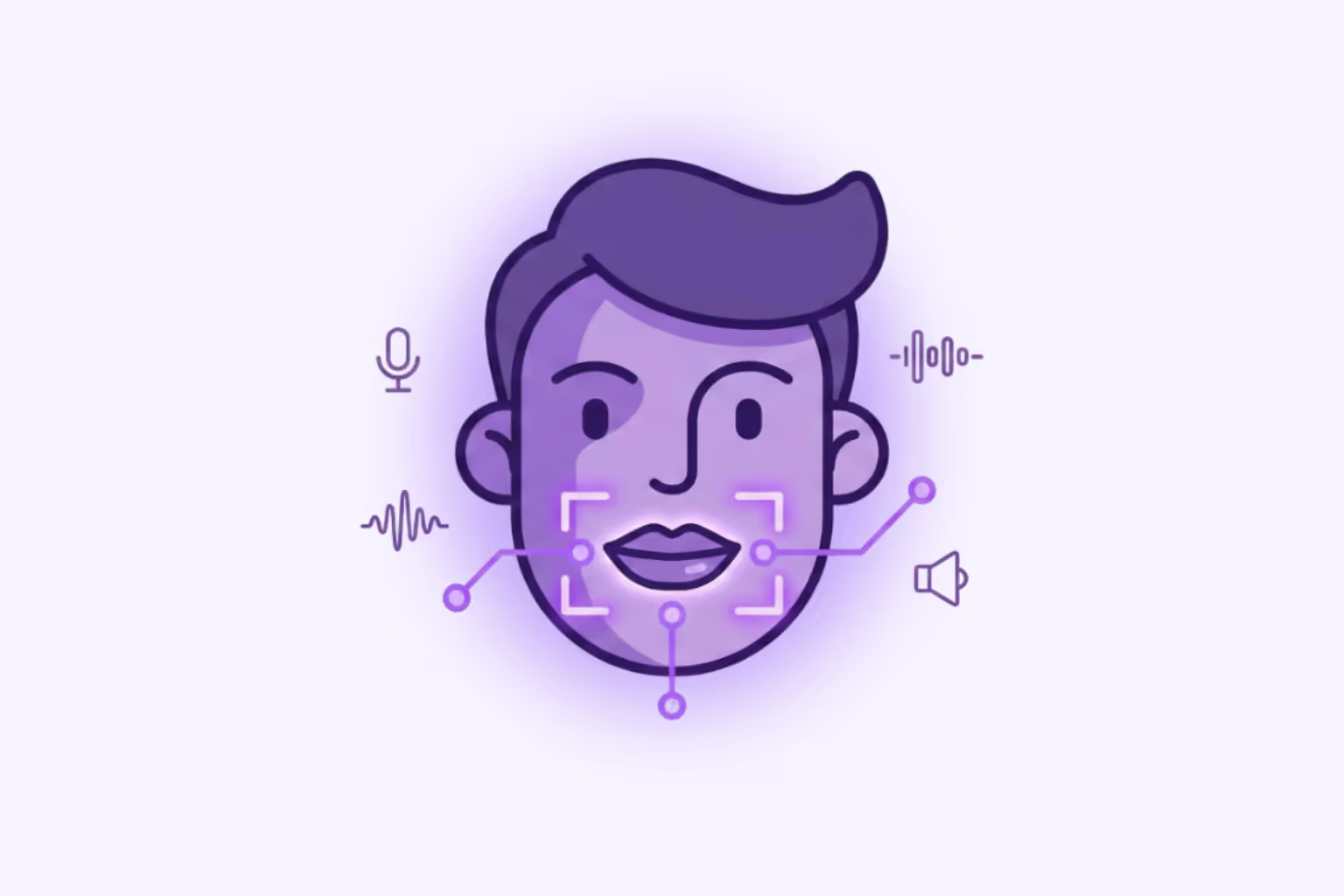
Tech
AI Lip Sync Explained: Stop Asynchronous Lips in Video Translations
Asynchronous videos look unprofessional. Learn how AI Lip Sync and Visual Dubbing perfect your translations – GDPR compliant and scalable.

Simon Pieren
December 23, 2025
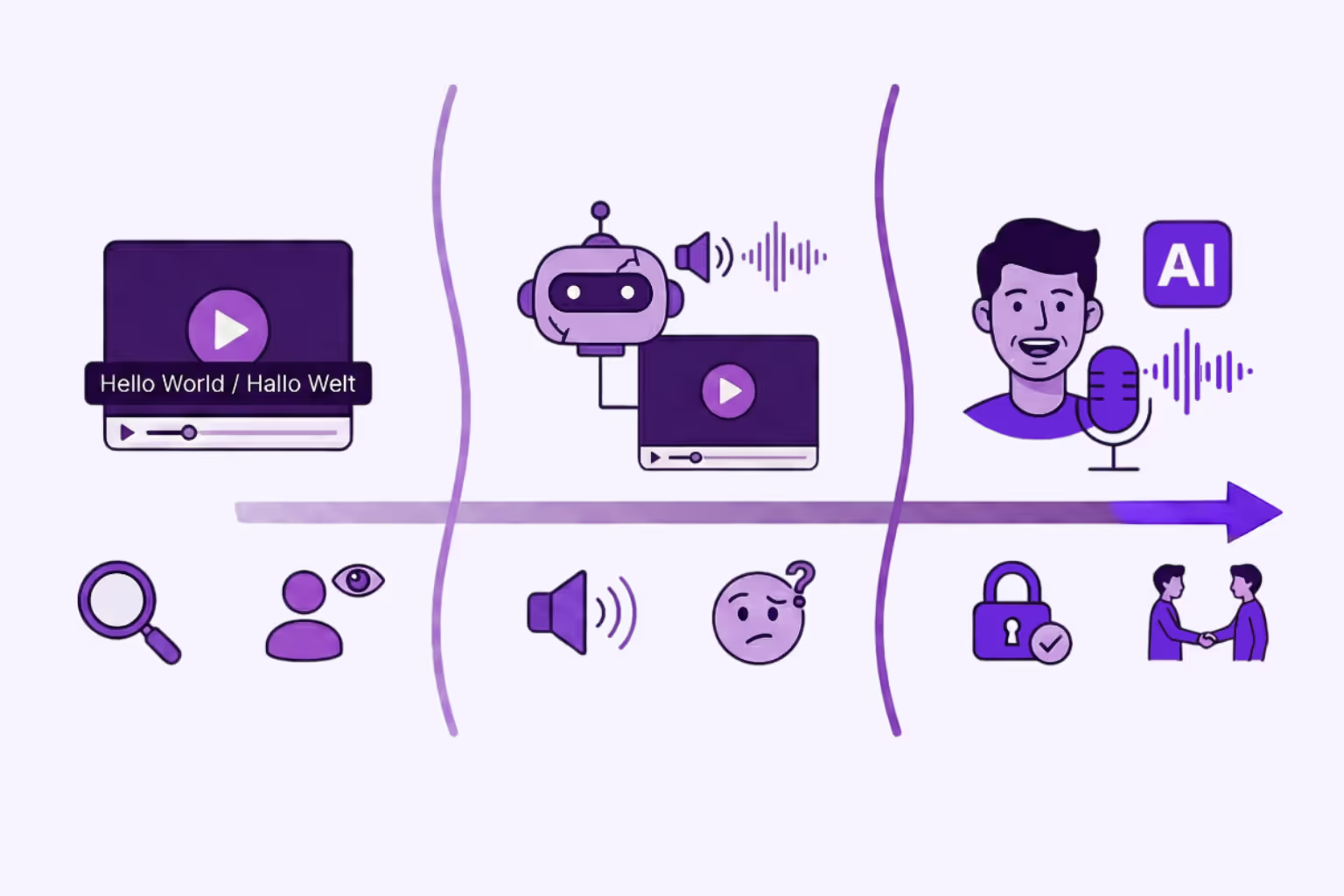
Use Cases
How to Translate Video Free: 3 Ways to multiply your reach
Looking for an AI video translator? We answer how to translate video free using 3 methods: Subtitles, Basic TTS, and Professional Lipsync.

Simon Pieren
December 8, 2025
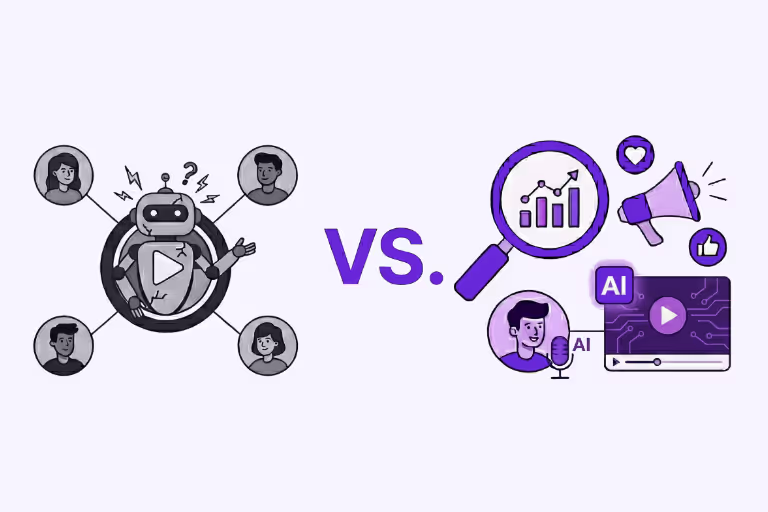
Use Cases
Translate Video Free: A Guide to AI Translation, Lip Sync & Voice Cloning
Looking to "translate video free"? Learn the technical differences between standard dubbing and generative AI Lip Sync, and how to test professional quality risk-free.

Simon Pieren
November 28, 2025
